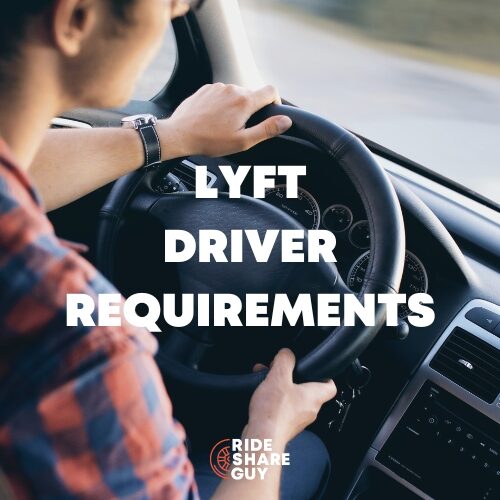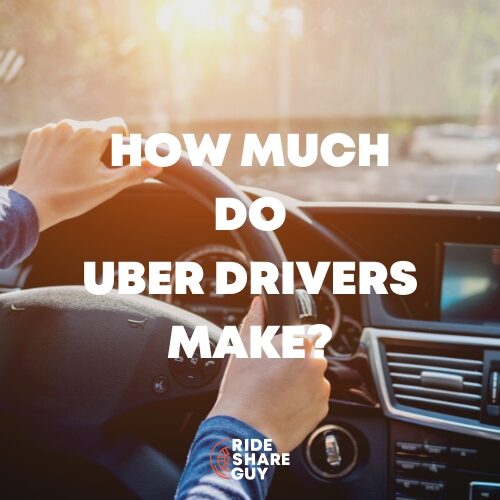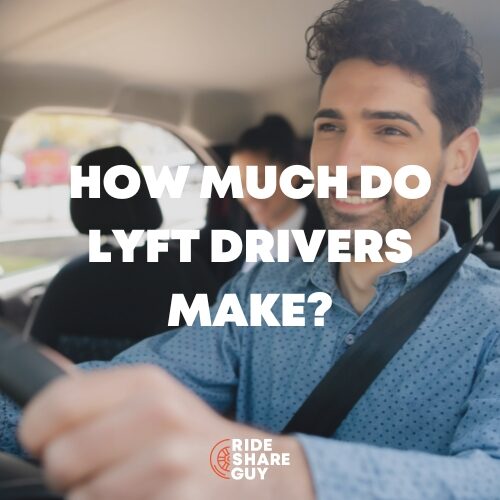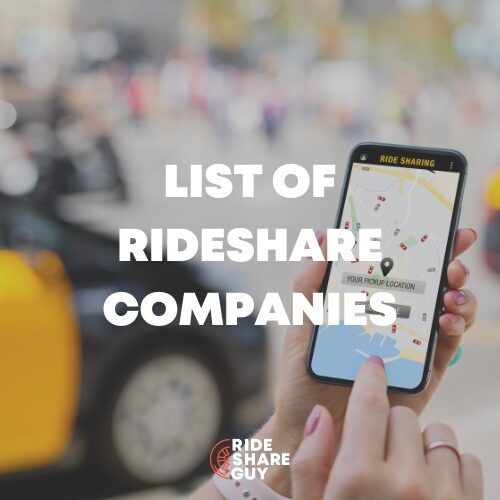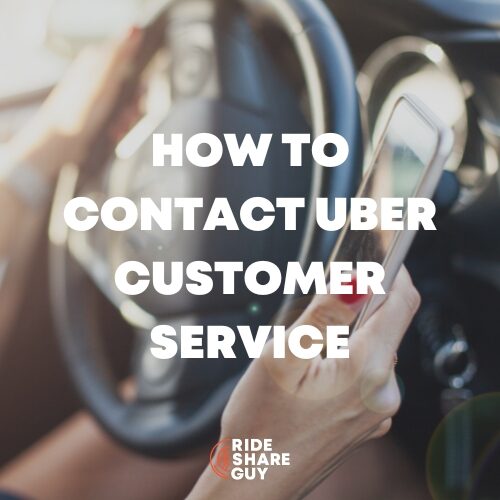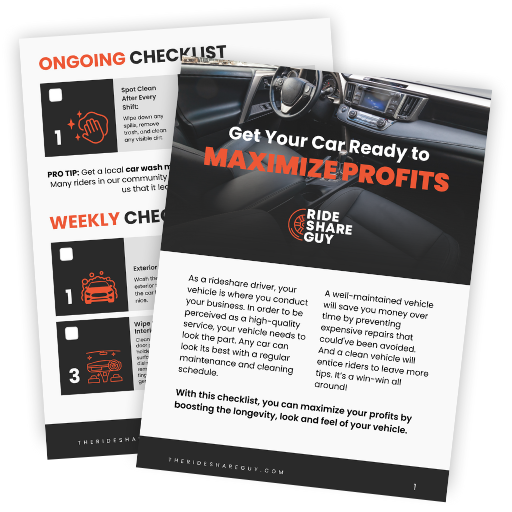Have you noticed that you’re getting more OR fewer rides these days on Lyft? The Lyft algorithm has always been a black box, but a recent anonymous tipster tells us that Lyft may have updated its algorithm without telling drivers. Senior RSG contributor Paula Gibbins looked into this claim and shares what she found below.
We received an anonymous tip recently from a self-proclaimed Lyft employee that Lyft is pairing their drivers to passengers differently…and Lyft hasn’t informed drivers of the change. Before we get into the claim, naturally we wanted to verify that the tipster was in fact a Lyft employee, but he/she was hesitant to provide proof.
In the email though, the ‘anonymous Lyft employee’ even went so far as to say they created a new e-mail account and ran the message through a ‘text-changer’ so it wouldn’t be traced back to them. Paranoid? Maybe, but we decided to hold off on publishing until about a week later when this post popped up on Reddit that detailed the same things we were told via email.
We’re assuming it’s the same person. The post is mod-verified, which means that a Reddit moderator was able to verify that the tipster was a Lyft employee. Harry also believes that the claim actually makes a lot of sense, but it’s the not telling drivers part that seems a bit shady, so let’s get into it.
Note: We did reach out to Lyft for a comment, but they declined to comment as of the time of publication. We will update if and when we do hear back. If the claim was false though, it seems to me that it would be pretty easy for Lyft to refute it in an official statement. I’ll let you be the judge though…
The Claim? Lyft Prioritizes Drivers With Lower Insurance Costs
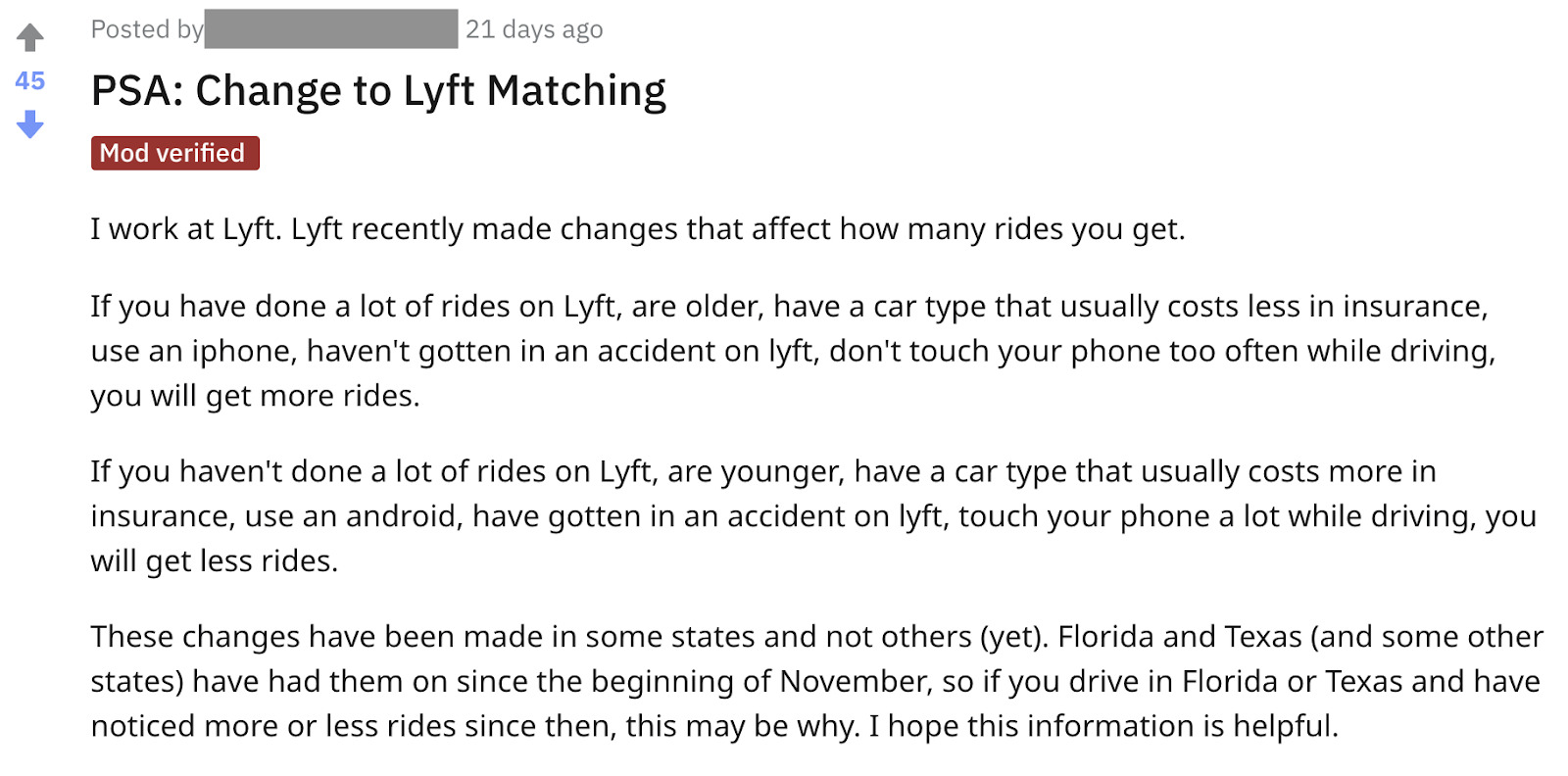
The post states:
“PSA: Change to Lyft Matching
I work at Lyft. Lyft recently made changes that affect how many rides you get.
If you have done a lot of rides on Lyft, are older, have a car type that usually costs less in insurance, use an iPhone, haven’t gotten in an accident on Lyft, don’t touch your phone too often while driving, you will get more rides.
If you haven’t done a lot of rides on Lyft, are younger, have a car type that usually costs more in insurance, use an Android, have gotten in an accident on Lyft, touch your phone a lot while driving, you will get less rides.
These changes have been made in some states and not others (yet). Florida and Texas (and some other states) have had them on since the beginning of November, so if you drive in Florida or Texas and have noticed more or less rides since then, this may be why. I hope this information is helpful.”
The anonymous email we received said pretty much the same thing, but with a few extra details. For instance, the email we got also stated, “Drivers with good insurance scores get about 20% more trips, drivers with poor scores get about 20% less.”
The anonymous tipster told us this matching hasn’t been activated everywhere, but it will be by year’s end. Currently, this has been live in Florida and Texas since November.
Why This is Plausible
We reached out to Ed Walker, our resident insurance expert and also VP at USI Insurance Services, who said something like this wouldn’t be unexpected. According to Ed:
“If this is what they are indeed doing, it would not be without reason. In fact, one can only expect to see more and more techniques like this implemented as the industry evolves. Many traditional means of reducing accidents in large fleets have shown minimal impact or are rendered useless altogether by the unique, uncontrollable attributes of the standard ridesharing model.
While sometimes restrictive, the increasing level of accidents and settlement sizes present today continue to place a heavy emphasis on operators of all sizes to search out and implement new and progressive means of managing their exposure.”
Basically, rideshare companies like Lyft and Uber want to reduce claims in order to keep operating. Too many accidents mean it’s more expensive to insure Lyft (and Uber) drivers. That makes sense.
When James River dropped Uber as an insurer, we even mentioned it would save the company money – and it has.
According to the Insurance Journal, “James River boosted its cash reserves by a total of $57 million during the 2019 third quarter. Of that, $50 million was for 2016 and 2017 losses stemming from its Uber account, the insurer said… Insurance is one of the largest expenses for ride-share companies, an issue that many analysts cite as a risk for the ride-share industry’s profitability.”
For that reason, we can’t point fingers solely at Lyft. The anonymous tipster also mentioned: “Internally, some people believe that Uber is already doing this. I don’t know what evidence they have, but I wouldn’t be surprised.”
After some comments had started trickling in on the Reddit thread, the original poster added an edit:
“Edit: Lots of people are questioning whether this is true. Which is understandable, my account is new and this is the internet. I’m not going to post an internal screenshot, if I did and it was traced to me I would get fired or worse. Put simply: if you work at Lyft, DM me and I’ll tell you where to look to see that this is true. If you’re a driver, whether I’m telling the truth or not, just use your judgment- if you’re getting enough rides, drive, if you’re not, don’t. Just in general, be aware that sometimes we make changes that may change how many rides you get, these changes might not affect drivers equally, and we might not tell you about it.”
As of the writing of this article, there are 57 comments on this thread. Some are skeptical while others are not surprised.
From a logical standpoint, this kind of pick-and-choose mentality makes sense. If you’re a bad driver, why would they want to pair you with more people than a good driver?
In addition, at first, the iPhone stipulation puzzled me, but according to the poster, iPhone has different phone permissions than Android phones.
However, this doesn’t fully clear it up for me. I was always under the impression that iPhones were more restricted than Androids, so you’d think if permissions was the issue that iPhone users would receive fewer pings than Android users. But perhaps I’m missing something.
One commenter who claims to also work in some capacity for Lyft and Uber stated:

“PSA: You will get less rides if you wait at or near the parking lot of businesses like busy restaurants, bars, strip malls. I’m a tech consultant at both Lyft and Uber.”
This seems counterintuitive and might be worthwhile to test out if you’re running into a slow part of your day.
A few commenters seemed to have a lightbulb go on above their heads at this information. One stated:

“Now I know why I haven’t had many rides lately. Last year, I was at a red light with a passenger and was rear-ended by a drunk driver. It totaled my car and the guy was arrested – completely not my fault. I’ve been online about three hours tonight (Friday, which is normally busy) and have had only one ride. Yes, I’m in Texas.”
My Thoughts
While I understand the reasons behind a change like this, it still upsets me. If it’s true that drivers who have been in accidents that are not their fault are then being punished by not getting rides, that is beyond maddening.
You can’t control what some drunk idiot did, and you shouldn’t be punished for something that is not your fault and completely out of your control. If that truly is the case, that is not a good move on Lyft’s part. But at the same time, obviously, if you’re an unsafe driver, you’re costing the company and even other drivers money.
Insurance is a big cost for TNCs like Lyft and Uber so it wouldn’t surprise me that both companies are trying to cut costs here and send better/safer drivers more rides.
But the obvious issue is that there’s no transparency as to how the matching algorithm works. If drivers are getting fewer rides because of certain actions, Lyft should close the feedback loop and let drivers know so they can improve.
Drivers, do you think this anonymous tipster is telling the truth? Why or why not?
-Paula @ RSG
